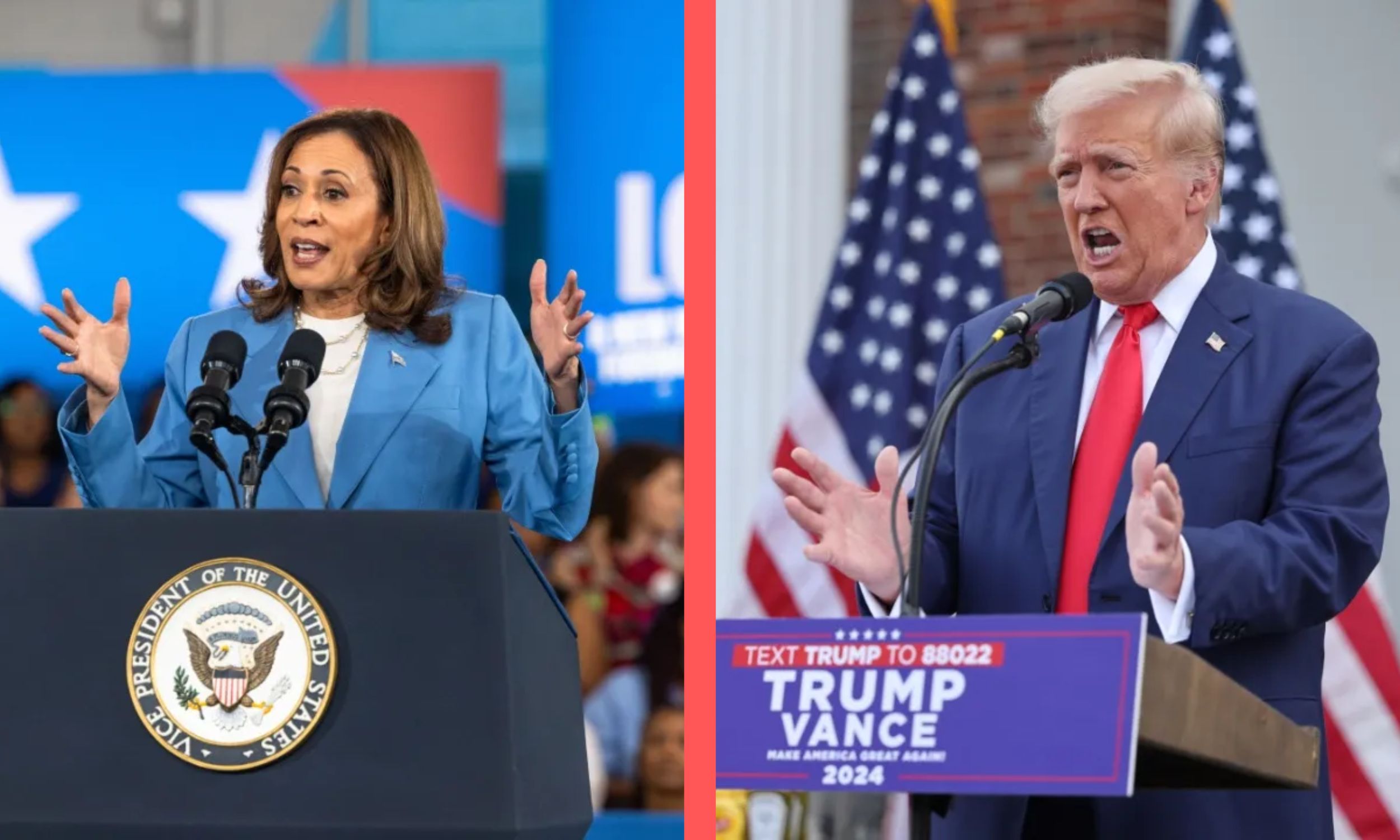In 2024, both Democratic and Republican campaigns are focusing on economic issues that resonate with lower-income voters, with candidates presenting more populist messages aimed at a divided electorate in pivotal states.
The Democratic National Convention recently highlighted policies focused on reducing essential costs like food, healthcare, and housing, marking a shift from the broad policy discussions typical of previous conventions.

Gary Hufbauer, a senior fellow at the Peterson Institute for International Economics, observed that the Democrats’ strategy is aimed at undecided voters, particularly those feeling marginalized economically.
Vice President Harris’s economic plans include measures to lower food prices, reduce prescription drug costs, and cancel medical debt. Her agenda also calls for constructing 3 million affordable homes by the end of her first term to address the U.S. housing shortage exacerbated by recent interest rate hikes.
Senate Democrats have echoed Harris’s focus on financial stress, with Senate Finance Chair Ron Wyden commending her commitment to expanding the child tax credit, lifting millions of children out of poverty. However, her proposals, especially on price gouging, have drawn criticism from business groups and economists who warn that such policies could lead to shortages.
Meanwhile, Republicans have also embraced populist economic rhetoric. Former President Trump, during the Republican National Convention, proposed eliminating taxes on tips for service workers and enacting broad tariffs to protect domestic jobs, though these ideas have faced criticism for being economically harmful.


